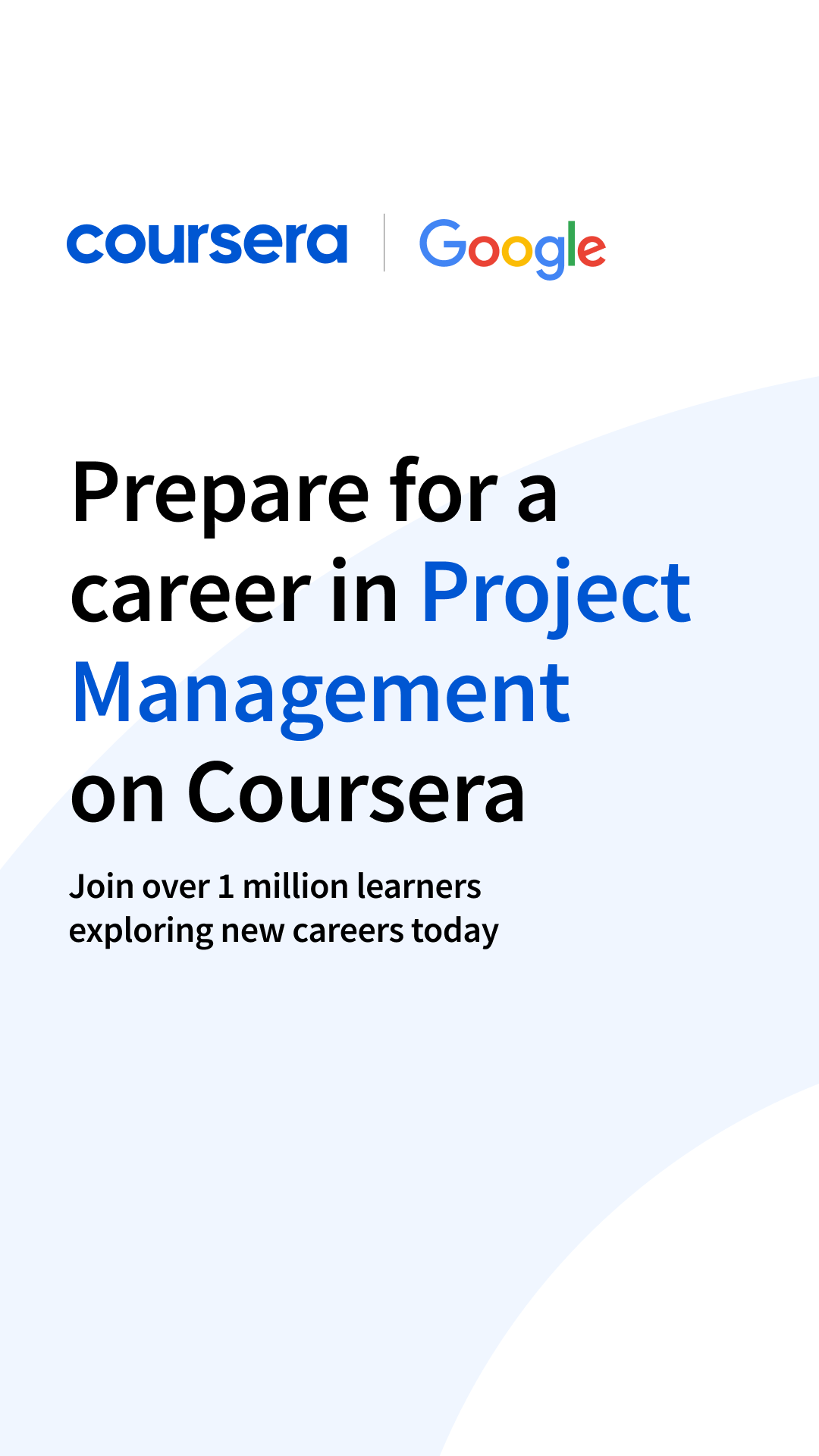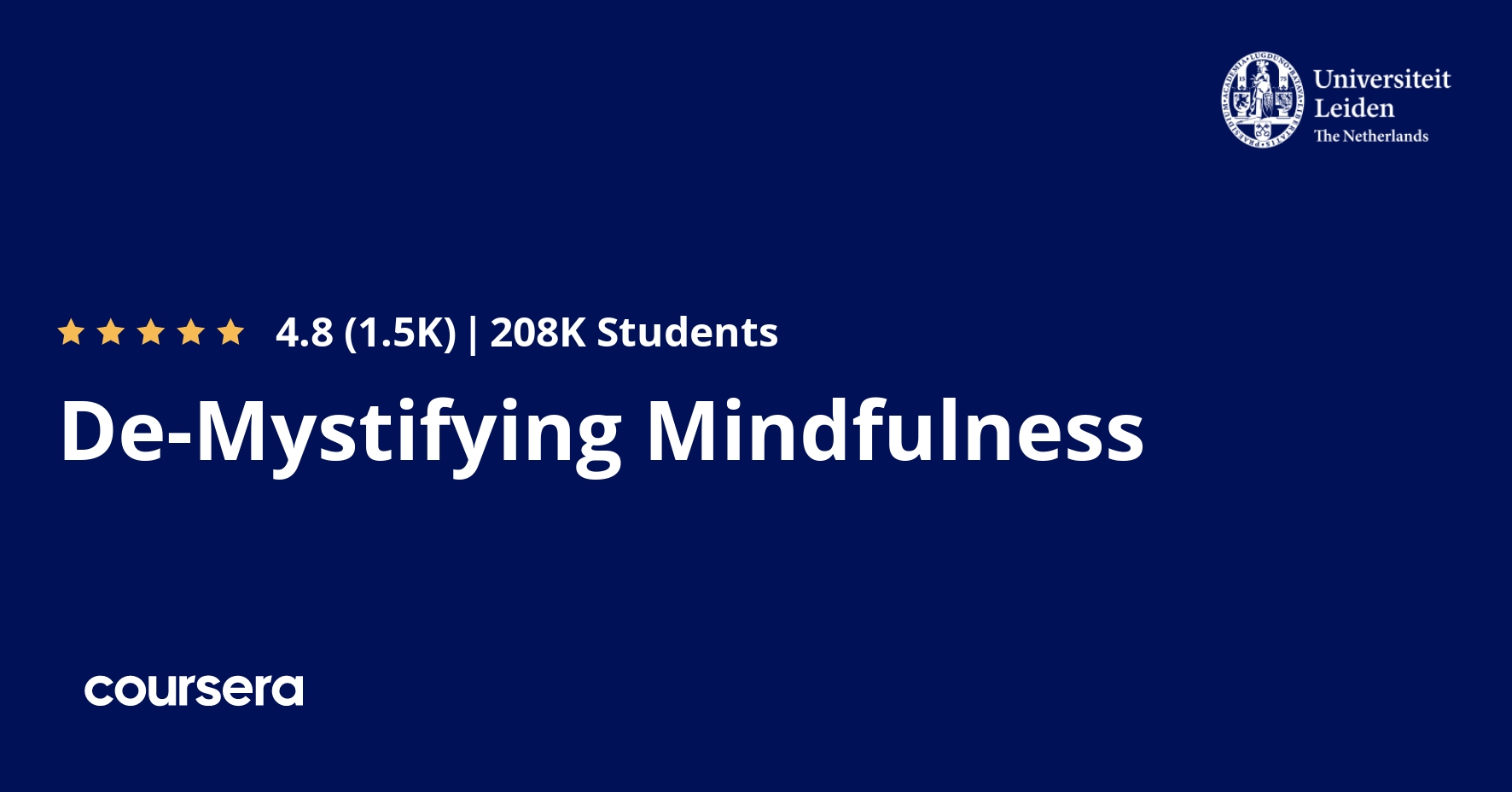Description
Interest in meditation, mindfulness, and contemplation has grown exponentially in recent years. Rather than being seen as mystical practices from ancient Buddhism or esoteric philosophy, they are increasingly seen as technologies rooted in evidence from psychology and neuroscience. Mindfulness has become the basis for numerous therapeutic interventions, both as a treatment in healthcare and as a means of enhancing well-being and happiness. For millions around the world, mindfulness has become a life-style choice, enhancing and enriching everyday experience. Mindfulness is big business.
But, what actually is mindfulness? Is it really good for you? Can anyone learn it? How can you recognize charlatans? Would you want to live in a mindful society, and would it smell like sandalwood? What does it feel like to be mindful? Are you mindful already, and how would you know?
Evolving from the popular Honours Academy course at Leiden University, this innovative course combines conventional scholarly inquiry from multiple disciplines (ranging from psychology, through philosophy, to politics) with experiential learning (including specially designed ‘meditation labs,’ in which you’ll get chance to practice and analyze mindfulness on yourself). In the end, the course aims to provide a responsible, comprehensive, and inclusive education about (and in) mindfulness as a contemporary phenomenon.
During the production of this course, we have been supported by Willem Kuyken, Director of the University of Oxford Mindfulness Centre, and Stephen Batchelor, co-founder of Bodhi College. And we gratefully acknowledge the contributions made by Mark Williams, co-developer of Mindfulness-based Cognitive Therapy (MBCT), and Rebecca Crane, Director of the Centre for Mindfulness Research and Practice at the University of Bangor. We have recently added expert advice from Dawn Scott (Spirit Rock & Barre Centre for Buddhist Studies), Sydney Spears (University of Kansa), Elisabeth Stanley (Georgetown University), Susan Woods (Centre for Mindfulness Studies), Patricia Rockman (University of Toronto) and Jeff Corntassel (University of Victoria).
“A deep and profound dive into the ethical, social, psychological, and philosophical implications of modern-day mindfulness practice. The course is not for the faint of heart, perhaps, but it is also full of practical, guided exercises for the uninitiated! Thank you for redefining my relationship to Mindfulness in a completely new and thought-provoking way” 28 april 2021
“The course enabled me to explore the mindfulness construct at its deeper lever from philosophical, psychological and political lenses. The mindfulness labs were very useful in practicing the skills of being mindful.” 23 nov 2018
“i took this course after a period of time when I was trying to practice mindfulness and meditation, but with doubtful success. The course answered many questions to me, and I needed that to keep me motivated. It really helped me understand the origins and, more importantly, benefits of mindfulness practice and made me persist in my attempts. I’m really glad I took the course, I find it interesting, well taught and very useful for all those seeking deeper explanation in why trying mindfulness.” 9 Oct 2018
“I have taken other courses in other online platforms. However, this has been one of the best courses I have found online.” 3 Oct 2018
“I really like the invitation to us, the learners, to rethink our preconceptions and beliefs, and then make our own judgement about mindfulness. The overall tone was very friendly and open, resources very useful.” 12 Dec 2017









